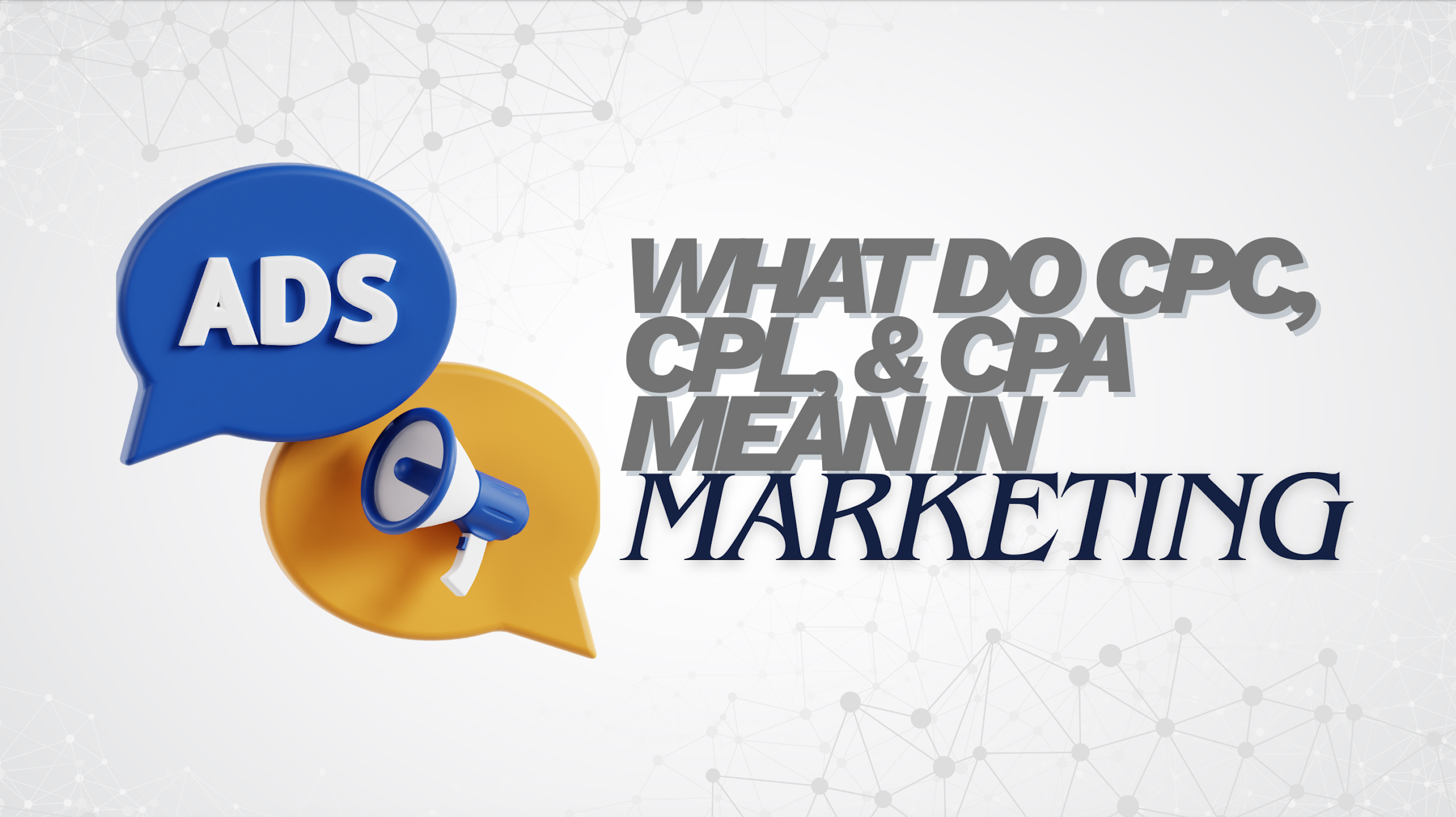Tweet This, Not That: Social Media Etiquette (Part Two)

We’ve received many requests for a sequel to our guide to social media etiquette and the wait is finally over. In this installment, we’ll go over some of the top social media faux pas social media marketers make.

Offense: Repeated Follow/Unfollow for Attention
The world of social media marketing is full of useful tools like JustUnfollow that allow marketers and business owners to monitor whether Twitter users are following them back. There’s no doubt that this information is extremely valuable, but not everyone uses this information responsibly. For example, let's say you follow a profile and wait for a response. After a day or two, you see that they have not yet followed you, so you unfollow them and re-follow them. Why? Because Twitter notifies the user that someone has followed them. Maybe another notification will give them the nudge they need to add you back, right?

Why You Should Avoid It
If a user hasn’t followed you back, there’s probably a reason. The user may be inactive, or they may not want to follow your based on what they see on your profile. Either way, more notifications won’t fix the problem.
A Better Alternative
Instead of bombarding users with notifications, give them a reason to follow you. Ask yourself if your profile is worth following. Take the time to visit their profile and leave feedback or strike up a conversation (note: feedback is not “interesting/good/cool/adjective post”).
Why it Benefits You
By reaching out to users and interacting with them, you’re creating something much more valuable than another follower; you’re creating a relationship. Remember that social media is a tool to drive your website. Start treating it like one and stop focusing on follower count.
Offense: Shortened URLs
At first glance, shortened URLs seem like a great idea – they save character space, keep posts tidy, and hide long unsightly tracking urls. It seems like a perfect fit for social media, so what could be the problem?

Why You Should Avoid It
Normally when you hover over a link, it gives users a preview of where the link will take them. Shortened URLs do not allow users to see this information, putting them in the position of blindly following a link that may or may not be safe to click on.
A Better Alternative
Just post the URL in its entirety, use the official embed tool, or if you’re serious about using shortened URLs, consider buying a branded vanity URL. Contrary to popular belief, a complete URL does not take up more characters on Twitter than a shortened URL.

Why it Benefits You
Users view complete or branded URLs as being more trustworthy. In fact, studies have shown that posts without shortened URLs saw 3 times more engagement than posts using shortened URLs.
Offense: Hijacking an Unrelated Trending Topic
Trending topics are a great way to reach a wider audience that is already interested in a specific topic. As a brand, you want to appear trendy and up-to-date, so you start hashtagging all your posts with the most popular trending hashtags. It makes sense, but is it a good idea?
Why You Should Avoid It
While trending hashtags ad topics are a great way to reach a bigger audience, consider whether that topic is actually relevant to your business or industry. Jumping on a topic just because it’s popular can make you look tacky and can alienate your audience.


A Better Alternative
Be yourself! If an article is popular in your industry, respond to it – don’t rehash it. It’s fine if you want to join in on a trending discussion as long as you don’t try to make it all about yourself, and never try to use an unfortunate event for self promotion. As Jenn Herman so eloquently puts it, you can be trendy without preying like a vulture. For example, let's look at some Tweets from the 2015 oscars:
Good:
Dos Equis provides a great example of a simple and subtle nod to the Oscars, while reinforcing the brand’s “Most Interesting Man in the World” campaign.
Farmers Insurance congratulates J. K. Simmons (who frequently stars in Farmers commercials) with a brilliant use of double entendre to tie his role in Whiplash to their jingle.
Bad:
This is a prime example of attempting to make an unrelated topic all about yourself.
This tweet was so bad, Digiorno actually removed it from its profile. No words needed.

Why it Benefits You
A well thought out response to a popular topic demonstrates your knowledge in your industry. If you are posting about a trending topic outside of your industry, it gives you the opportunity to open a two way dialogue with your audience.
The bottom line is that social media is a tool to start a conversation with your audience. Successful social media marketing requires human interaction, not automated posts and cheap gimmicks.





